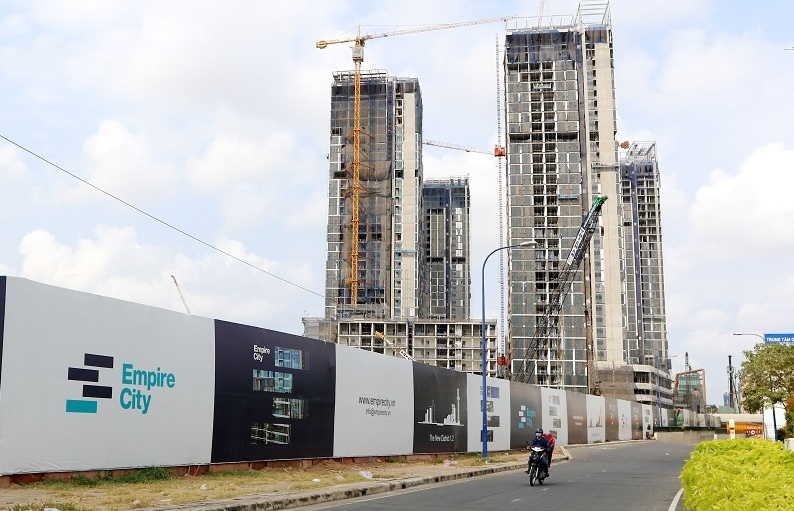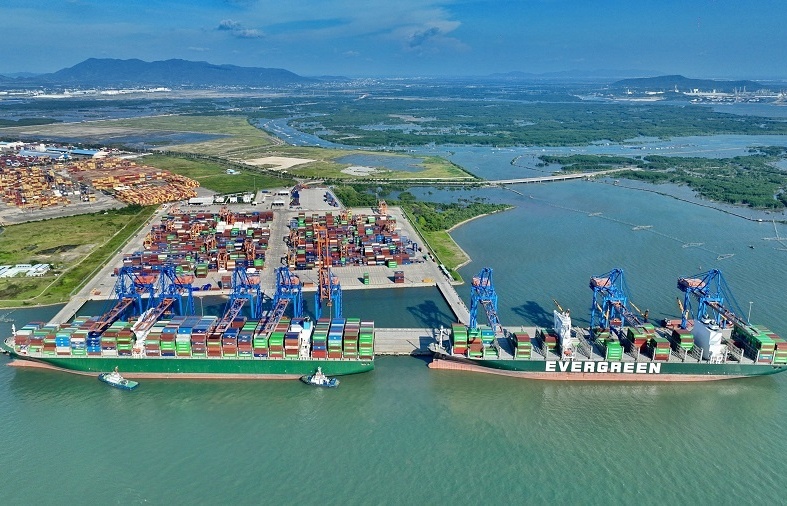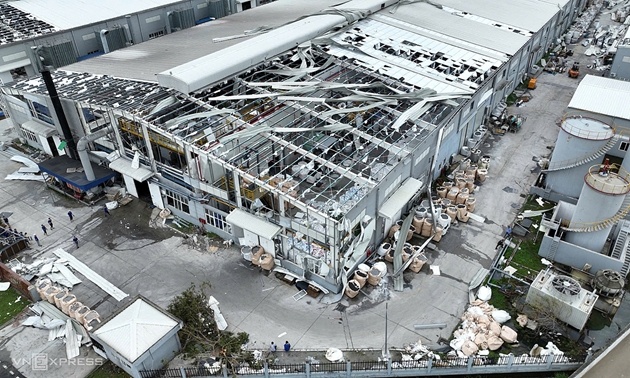Bourse poised for a bump - but no crash Managers
With so many overpriced stocks on the ballooning stock market, fund managers are expecting an inevitable market correction in the future, but are confident there will be no crash.
 |
He said the market had risen in the past two months even though foreign funds sold a larger volume of stocks than they purchased.
The Vn-Index on March 23 closed at 1,090.56, the fourth consecutive day’s fall, or down 42.78 points against March 19 [closing at 1,133.34], the day it gained back 67.82 points against March 15 [at 1,065.52]. The market trading volume on March 23 totalled 6.99 million shares valued at VND952 billion, compared with 7.6 million shares at VND968 billion in the previous day.
Snowball said unsophisticated investors would ultimately lose money, adding that this situation was inevitable as the less knowledgeable an investor was, the more money they would lose.
“The market will recover. If investors are able to hold on they will eventually get their money back,” he said.
Lavin Mok, Tremont Capital Management (Asia) Ltd’s managing director, agreed that Vietnam’s stock market would have to experience a correction in the next six to nine months in order to ensure liquidity, but it would not be a sustained correction, basing his estimate on the pent-up demand for shares in Vietnamese companies.
Vietnam’s equity market has seen major expansion in market capitalisation over the past year to a more investible $17 billion, or 32 per cent of the country’s GDP, with daily turnover of around $50 million, according to a JP Morgan report.
Vietnamese stocks are priced at an average of 43 times 2006 earnings but are on a more respectable 34 times prospective 2007 earnings. Stock experts said investors were rushing to trade shares without understanding P/E (price/earnings ratio) and their concern was that speculative investors wanted to earn money from short selling, or profiting by borrowing a security, and selling it, expecting that it would decrease in value so that they could buy it back at a lower price and keep the difference.
“There will be a correction in the coming months but there will be no risk of a breakdown in the market,” Lavin told participants at Vietnam Investment Forum’s ‘The Outlook for the Equity Markets: Challenges, Opportunities and Obstacles’ panel last week.
Vietnam’s macroeconomic growth is still positive and stable and there has been no sign of a securities market downtrend, he said.
According to a JPMorgan report, Vietnam, the second-fastest growing economy in emerging Asia, could achieve 9 per cent GDP growth annually, given highly favourable demographic, investment, and efficiency trends.
“The best solution now is to increase the supply of stocks to the market and this will support market growth,” Lavin said.
However, LIM Advisors executive director Dean Van Drasek said that the market was overvalued and a sharp correction was unavoidable and necessary to avoid a crash. “I think Vietnam’s stocks need around a 30 per cent plunge. The market bubble will explode if there is no correction,” Van Drasek said.
What the stars mean:
★ Poor ★ ★ Promising ★★★ Good ★★★★ Very good ★★★★★ Exceptional
Related Contents
Latest News
More News
- Vietnam’s economy on track for 6.5 per cent growth despite Typhoon Yagi, says HSBC (October 01, 2024 | 16:46)
- Vietnam urges China to expand market access for agricultural products and strengthen trade ties (October 01, 2024 | 16:42)
- IMF predicts Vietnam's economic growth to reach 6.1 per cent in 2024 (September 30, 2024 | 18:26)
- Deli Group breaks ground on $270 million factory in Hai Duong (September 30, 2024 | 18:17)
- Government considering tax on multiple properties (September 27, 2024 | 20:17)
- Accuracy more vital than ever in dawn of AI (September 26, 2024 | 20:44)
- Vietnam remains attractive destination for US businesses (September 26, 2024 | 20:23)
- New innovation centre inaugurated during HEF 2024 (September 25, 2024 | 09:00)
- China's Geely to build $168 million automobile facility with Tasco in Thai Binh (September 24, 2024 | 19:03)
- Spate of claims made in typhoon aftermath (September 19, 2024 | 17:00)




 Tag:
Tag:





















 Mobile Version
Mobile Version